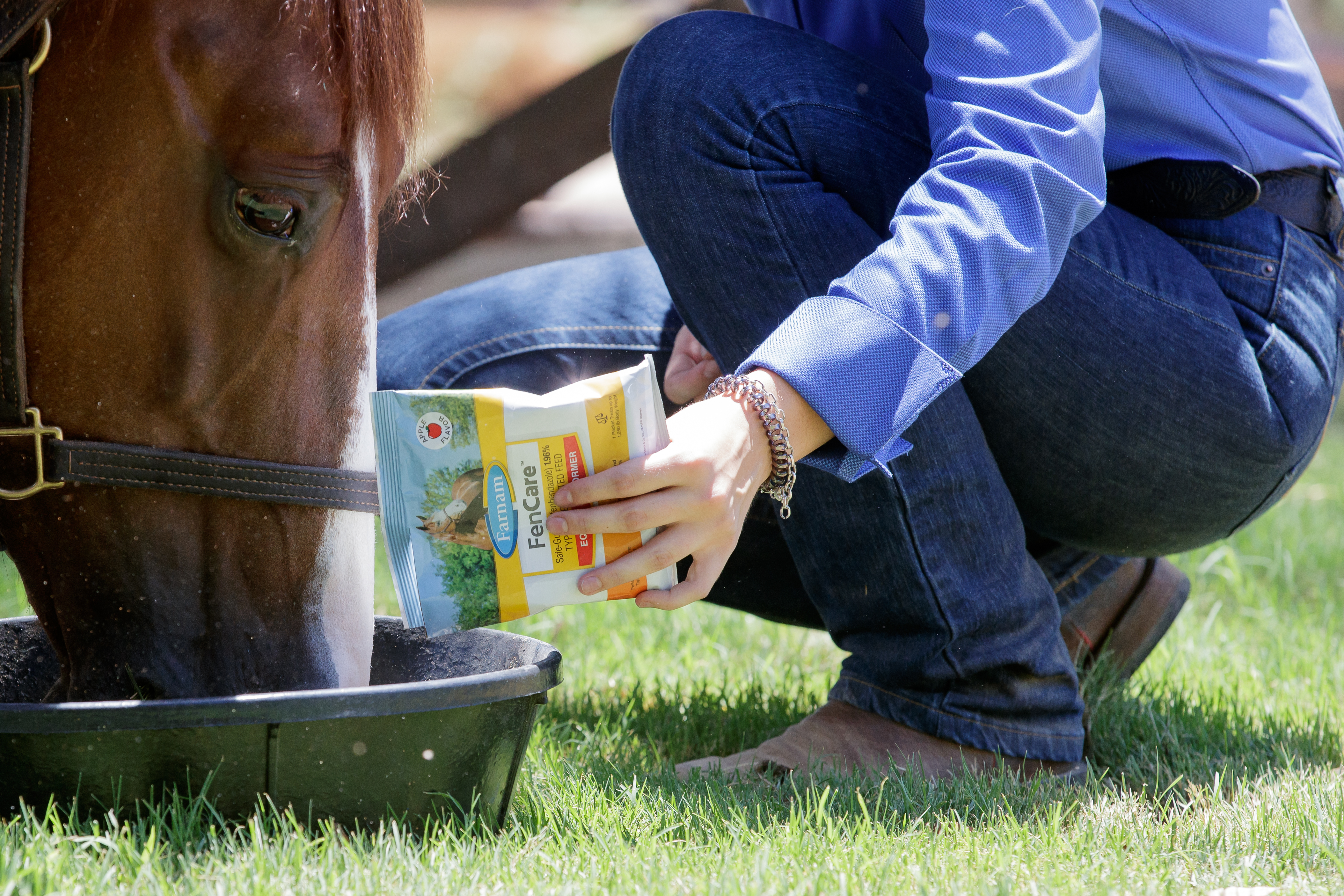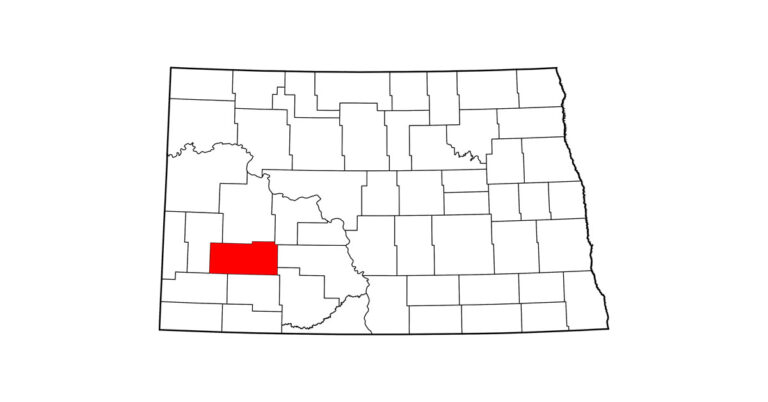Although it may not be particularly glamorous, deworming is another part of good horsekeeping, along with proper feeding, stable management and veterinary care. Left unchecked, gastrointestinal worms can wreak havoc on your horse’s health, causing weight loss, lethargy, colic and even permanent damage to internal organs. With so much information and misinformation out there about deworming, understanding parasite control and creating a deworming strategy can be overwhelming. Luckily we’ve created an introduction to deworming to help you learn more about equine gastrointestinal worms and how to treat them.
All horses have internal parasites.
It’s part of being a horse! Worms are a normal occurrence in horses at all stages of life. A low worm load will have little or no effect on a horse’s health, but a high worm load can cause serious health issues.
Symptoms of internal parasites in horses can vary.
Depending on the worm type and worm load, signs can be as subtle as seeming a little “off” or as severe as ulcers or colic. Symptoms of internal parasites include weight loss, lethargy, weakness, lack of appetite, poor performance, diarrhea, constipation, dull coat, colic and poor growth in foals.
Common internal parasites in horses.
The six most common types of internal parasites are large strongyles, small stronglyes, ascarids, pinworms, tapeworms and stomach bots.
● Large stongyles—Also known as red worms or bloodworms, large strongyles are among the most harmful worms for horses. The S. edentates and S. equinus species are blood feeders that can cause anemia and weakness, and the S. vulgaris can cause arterial blockage leading to intestine damage and even rupture.
● Small strongyles—Also known as small red worms, small strongyles or cyathostomins feed on gut lining and material in the large intestine which can cause mild ulceration, weight loss and diarrhea. Larvae can encyst themselves in the intestinal walls, so when treating for this parasite, use a dewormer that is effective against encysted small strongyles.
● Ascarids—Also known as roundworms, ascarids are particularly large worms that can be especially problematic for young horses. At the larval stage, they can migrate to the lungs and cause respiratory issues. Adult worms can cause impactions that require surgery.
● Pinworms—Female pinworms lay their eggs outside the anus of a horse, causing discomfort, itchiness and hair loss. As horses try to relieve the irritation by scratching themselves, they may cause wounds to the base of their tail.
● Tapeworms—Tapeworms are transmitted to horses through forage mites, which horses ingest while grazing. Forage mites serve as an intermediary host to tapeworm larvae, which then develop into maturity in the horse’s gut. Adult worms can typically be found in the upper intestines, where their presence can cause intestinal blockage and even rupture.
● Bots—Female bot flies lay their eggs on horse coats, which are then ingested during grooming. Activated by saliva, the eggs molt into larva in the horse’s mouth then migrate to the stomach. In the mouth, bots can cause damage to the tongue and gum tissues; in the stomach, they can cause irritation and ulceration.

Test your horse regularly.
A fecal egg count test can provide a wealth of information, including whether your horse has worms, which kind, and suggestions for which dewormer to use. Your veterinarian can perform the test or you can test with a convenient at-home kit that is then analyzed at a veterinary laboratory.
Choose a dewormer.
Your veterinarian can recommend a dewormer depending on the results of your horse’s fecal egg count test. There are several different types of equine dewormers, representing different chemical classes. These products work to eliminate different types of internal parasites in different ways.
Consider fenbendazole to be one of multiple tools in your deworming toolbox, and you’ll want to educate yourself on the other types as well. Farnam FenCare dewormer is a single-dose, pelleted feed product that is mixed with a horse’s regular feed ration. Fenbendazole is the active ingredient in FenCare dewormer, making this product effective against adult large and small strongyles, ascarids (roundworms) and pinworms.

Since not all horses are super cooperative about receiving paste dewormers, FenCare dewormer may make the deworming process easier and less stressful for both your and your horses. It is administered by putting a single-dose mixed in with your horse’s regular feed. Since it’s easy to administer the product, you won’t need to withhold food or water prior to usage. It’s also more concentrated than some products and is fed at a smaller feeding rate, making it even easier to administer. You will need to ensure that your horse consumes the correct dose and doesn’t leave any product behind.










